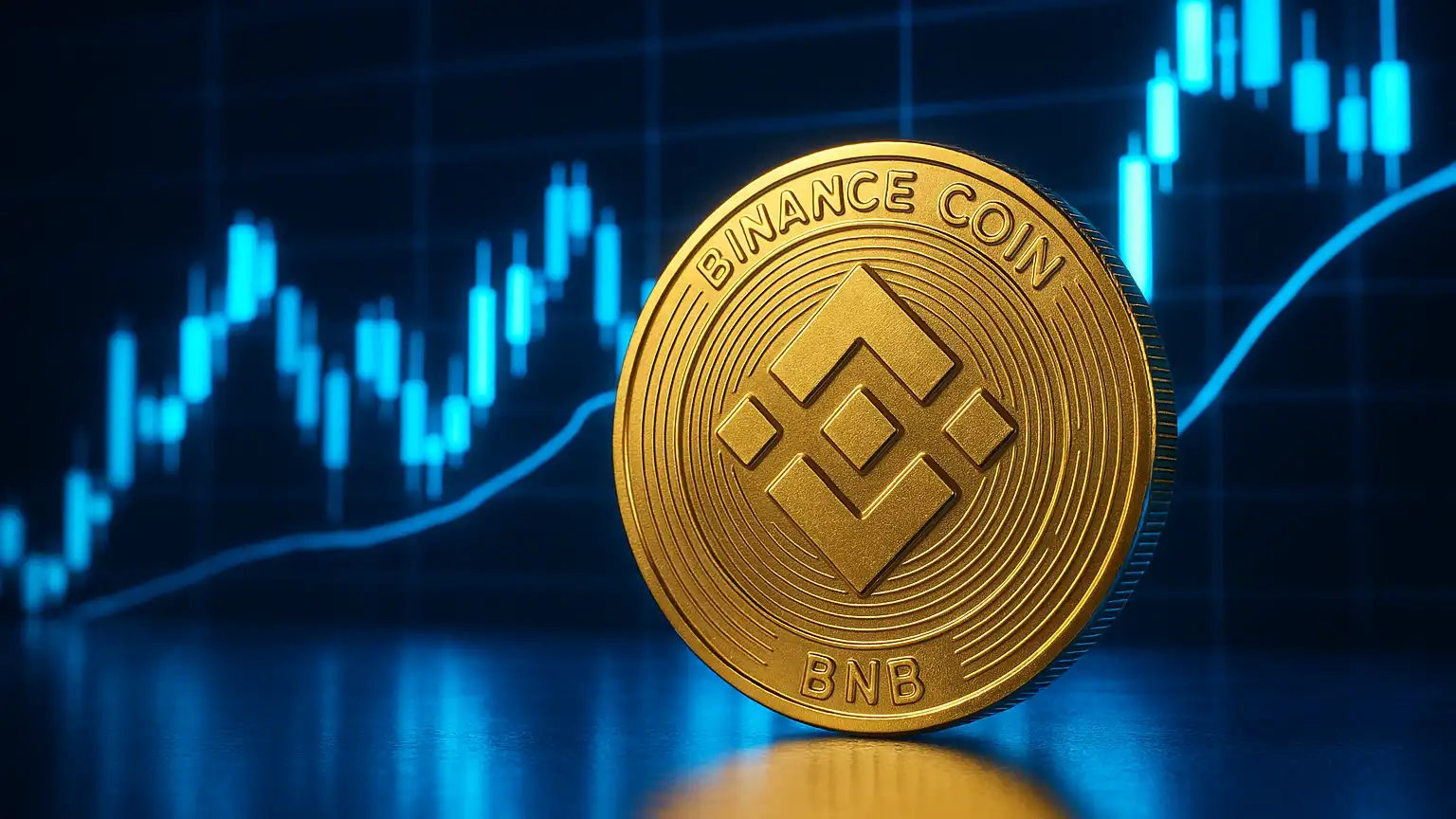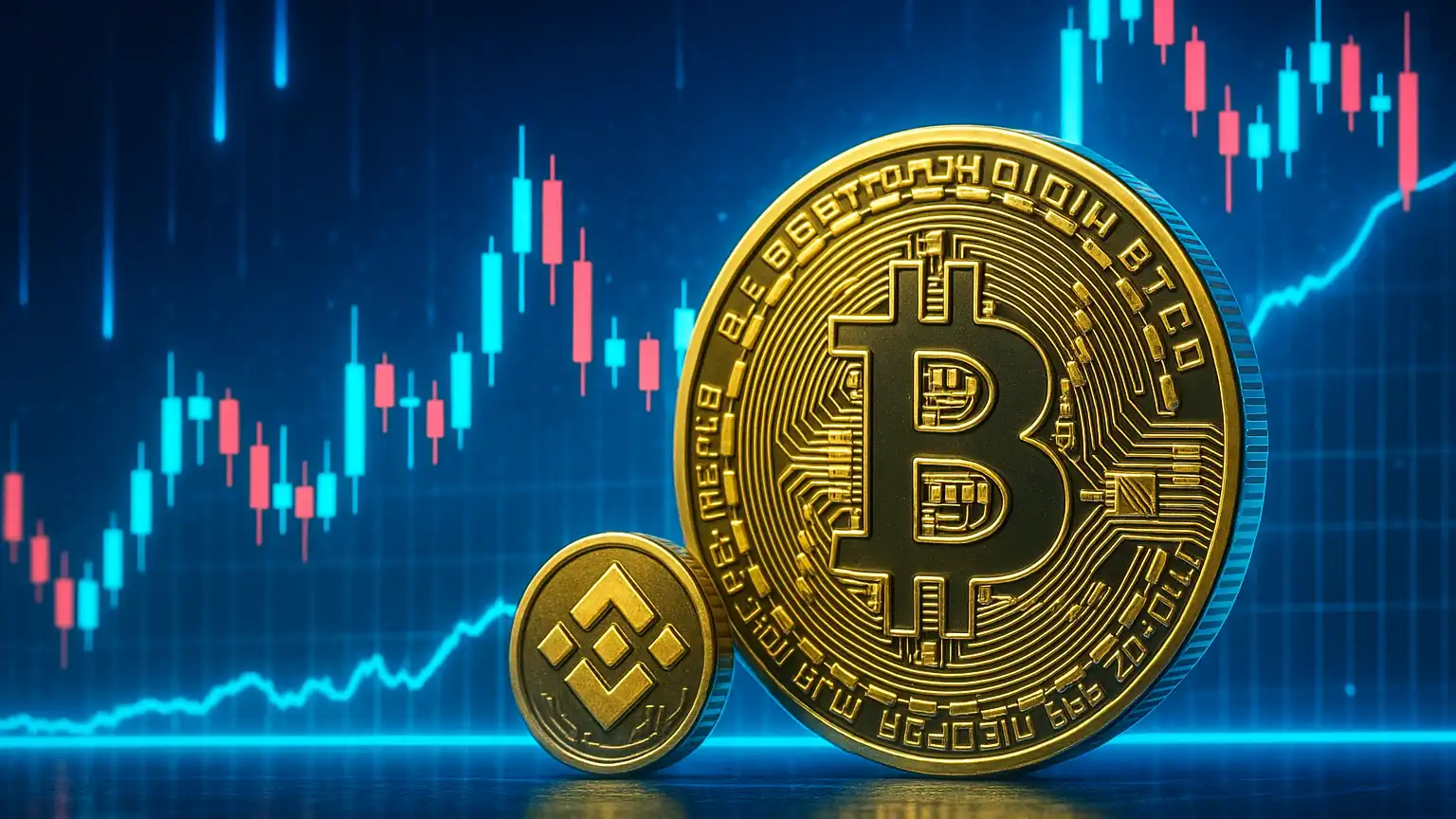The Evolving Landscape of Binance Coin (BNB) Ownership
Understanding BNB’s Broad Ownership
Recent reports from blockchain analytics firm YZi Labs reveal a significant shift in the ownership structure of Binance Coin (BNB), highlighting a more decentralized and transparent approach. This adjustment sees BNB’s ownership becoming increasingly dispersed across the network, with an impressive 66-67% of its total supply now held by public participants, including exchange users and individuals holding self-custody wallets. This marks a pivotal transition towards a democratized ecosystem, potentially ensuring greater stability and trust among BNB stakeholders.
Public Participation in BNB
The diversification of BNB ownership among public stakeholders can be attributed to several factors, key among them being the heightened awareness and interest in holding digital assets more securely. People are increasingly moving away from traditional exchanges to self-custody solutions, driven by the desire for greater control over their assets. This trend aligns with the overarching ethos of the blockchain realm, which champions decentralization and self-sovereignty.
The Role of the BNB Foundation
While a significant portion of BNB is in the hands of the public, the BNB Foundation controls approximately 27% of the supply. This portion is set aside for burn reserves, essential for conducting programmatic token burns. These burns form a crucial part of BNB’s deflationary strategy, aiming to curtail supply over time and bolster the asset’s value. By systematically diminishing the total supply, the foundation fortifies BNB’s position as a robust asset in the cryptocurrency landscape, offering a hedge against inflation and attracting long-term investors.
Binance’s Operational Holdings
In addition to public and foundation holdings, another 4-5% of BNB’s circulating supply is held by Binance’s treasury. These funds are earmarked for operational needs and custodial purposes, vital for maintaining the exchange’s liquidity and ensuring seamless platform operations. Interestingly, Binance founder Changpeng “CZ” Zhao holds less than 1% of the total supply, underscoring the platform’s commitment to decentralizing control and echoing CZ’s philosophy of empowering the broader crypto community.
The Impact of CZ’s Presidential Pardon
A surprising political development has also thrown CZ into the spotlight. Recently, CZ was granted a full and unconditional pardon by former US President Donald Trump. This move, while potentially beneficial in easing regulatory tension for Binance, has stirred significant debate. Critics, including vocal politicians, argue that this act of clemency was motivated by political affiliations rather than justice. The pardon has reignited discussions surrounding regulatory practices and potential biases in enforcement actions within the US crypto sector.
CZ’s Response to Allegations
Amidst the controversy sparked by his pardon, CZ has vociferously defended himself against allegations of corruption and financial impropriety. Critics such as Senator Elizabeth Warren have claimed that CZ financially backed Trump-related crypto ventures, speculating that these actions influenced his quest for immunity. In response, CZ has vehemently denied any claims of illicit activity, maintaining that while legal complications existed, they revolved around a Bank Secrecy Act violation, not money laundering. This ongoing discourse underscores the intricate relationship between cryptocurrency governance and global politics.
Implications for Binance’s Future
The full implications of CZ’s pardon are yet to be seen, but it seemingly lays the groundwork for a recalibrated relationship between Binance and US regulators. By potentially removing obstacles that previously hampered Binance’s operational prospects, the pardon could lead to enhanced capabilities for the exchange, driving innovations and expanding its market offerings. However, this development also serves as a crucial reminder of the challenges cryptocurrency platforms face as they navigate complex regulatory landscapes.
Bottom Line
In an ever-evolving crypto landscape, Binance Coin’s trajectory showcases the dynamic interplay between decentralization, regulatory environments, and market strategies. As BNB continues to see its ownership spread throughout the network, it reflects a broader trend towards transparent asset management in the crypto world. Concurrently, CZ’s pardon highlights the intricate web of politics and crypto, revealing the pathways and obstacles that prominent individuals and organizations must maneuver through. Collectively, these elements underscore significant developments in the journey of Binance and its native coin, emphasizing a future where decentralized governance and strategic foresight remain paramount.



